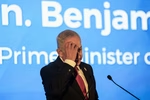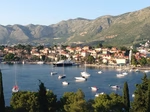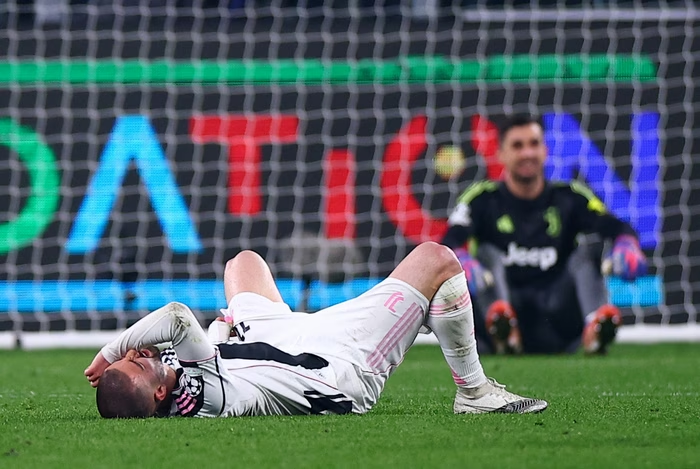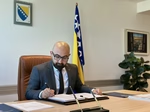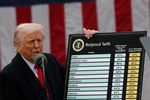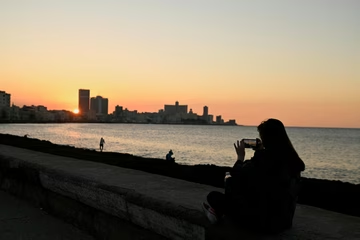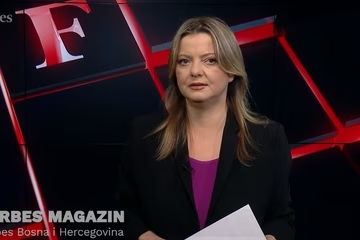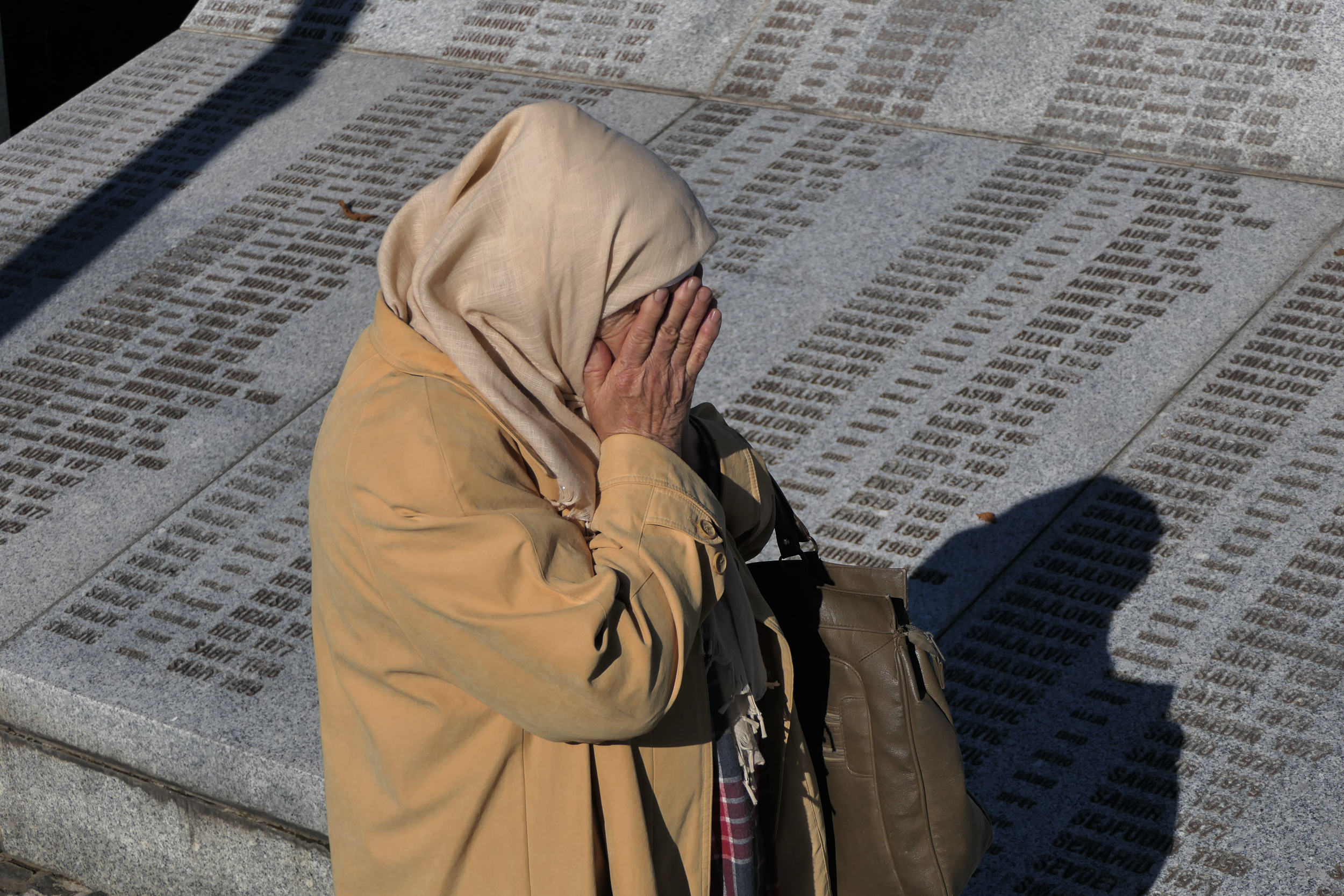
On May 2 the UN General Assembly is expected to discuss a draft resolution which recalls the 1995 genocide in Srebrenica and again condemns the atrocity, and the anticipated debate has caused new tensions between Belgrade and Sarajevo and in Bosnia and Herzegovina.
The UN General Assembly will on 2 May discuss a report by the UN Secretary-General focusing on the promotion of the culture of peace and interreligious and intercultural dialogue, understanding and cooperation.
As part of that item, a discussion is to be held on a resolution commemorating the 29th anniversary of the atrocity in Srebrenica, where in July 1995 members of the Bosnian Serb army killed more than 8,000 Bosniak men and boys after occupying that UN-protected zone.
The massacre has been classified as genocide in a number of judgments handed down by the International Criminal Tribunal for the former Yugoslavia (ICTY) and the International Court of Justice.
According to available information, Germany and Rwanda have accepted to be the sponsors of the resolution, which is now in the form of a draft and its content is still being negotiated in diplomatic circles in the UN.
The media in Bosnia and Herzegovina have carried parts of the working version of the resolution which recalls the facts of the Srebrenica genocide but also calls for strict compliance with international judgments and condemnation of attempts to deny the genocide as well as for introducing an international remembrance day for the Srebrenica victims.
The BiH mission in the UN, led by Zlatko Lagumdžija, has been actively participating in preparations for the discussion on and adoption of the resolution, and BiH Presidency Chairman Denis Becirovic is expected to arrive at the UN on 17 April to lobby UN member-states to support the document.
The Srebrenica Memorial Centre has also joined in active lobbying by sending an appeal to offices of all international organisations and foreign countries in BiH.
All of this has caused anger and dissatisfaction in Serbian President Aleksandar Vucic and Bosnian Serb leader Milorad Dodik, who in 2015, owing to Russia's veto in the Security Council, managed to prevent the adoption of a similar resolution put forward by Great Britain.
Vucic has said that he will travel to New York this month to see what can be done to prevent the adoption of the resolution, admitting that this is not very likely because the General Assembly makes decisions by simple majority. He is counting primarily on votes from African countries, aware that most Western and Muslim-majority countries are willing to support the resolution.
The Serbian president believes the resolution is just a prelude to renewed pressure on Serbia from which the BiH authorities will demand to agree to the abolition of the BiH Serb entity and pay war reparations.
Vucic, as well as Bosniak Serb leader Milorad Dodik, insist that what happened in Srebrenica was not a genocide but a grave crime.
Dodik, who has been faced with "silent" sanctions from Germany, says that by supporting the resolution, Berlin is trying to "whitewash its criminal past."
"By pushing for the resolution on Srebrenica at the UN General Assembly, Bosniak politicians in BiH will undermine any possibility of agreement with Serbs for good," Dodik said on X, adding that for Serbs, the crime in Srebrenica was not a genocide.
Kakvo je tvoje mišljenje o ovome?
Učestvuj u diskusiji ili pročitaj komentare





 Srbija
Srbija
 Hrvatska
Hrvatska
 Slovenija
Slovenija











